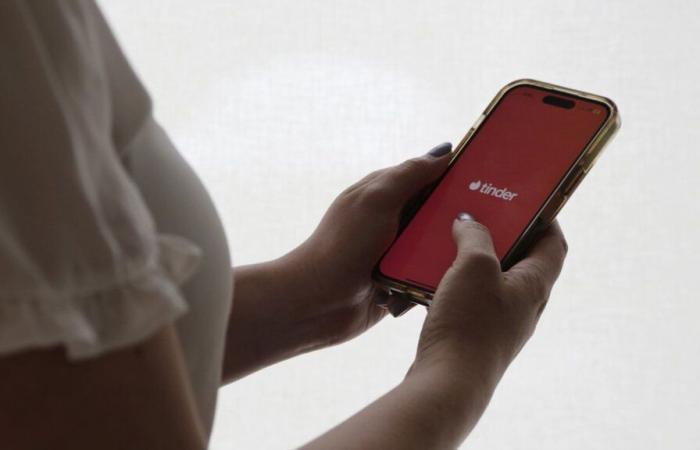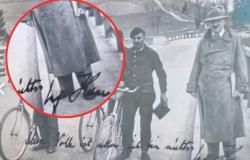Among the best-known dating applications, the Tinder application easily ranks. Maude Lecompte knows the latter well. This lecturer in the sociology department of the University of Quebec at Montreal (UQAM) even dedicated her postdoctoral thesis to it.
Maude Lecompte has been studying Tinder since 2012, the year the application was launched. She looked at the discourse conveyed by Tinder users to understand what dating applications have fundamentally changed in our relationship to love or approaching other people.
“The people who use these dating applications — contrary to what one might expect — have speeches that refer a lot to romantic love,” Maude Lecompte explained in an interview with The Canadian Press.
She also mentions studies which have shown that Canadians are much more romantic than they imagined.
“It also confirms that dating applications may ultimately have had a less significant influence than we initially anticipated,” she adds.
“We see that people are still very attached to romanticism, which does not necessarily reflect an evolution of the romantic order, as we expected.”
– Maude Lecompte, lecturer in the sociology department of the University of Quebec in Montreal (UQAM)
Ms. Lecompte therefore contradicts the stereotypes that dating applications can “harm social bonds” by devaluing the relationship with others.
His research, carried out with around thirty Tinder users aged 25 to 45, informed the book “Dating applications: Revolution, place of perdition or simple gadget?” which will be published in January 2025.
SEE ALSO | First sight, a new dating application designed in Quebec
For Maude Lecompte, the emergence of studies on dating applications shows that we “perhaps wrongly attribute fundamental changes to them”.
Despite the “visual superiority” present on these applications, it ensures that the omnipresence of photos and the discretion of the textual content do not change “fundamentally what people are looking for”.
“We notice that the selection criteria that people will use to discriminate between online profiles overlap with selection criteria that have been reported time and again in other circumstances,” explains Ms. Lecompte. We will perhaps deduce (these criteria) from the photos, which is not always adequate, but the fact remains that we will be looking for roughly the same thing that we are looking for in other circumstances.”
Applications that have become fun
Some dating apps now offer users different fun features, such as the ability to play online with other people. For Maude Lecompte, this “gamification” by the authors of the applications in order to ensure their sustainability, is a “double-edged sword”.
“This will ensure the long-term popularity of dating apps, but it has been documented that the more people associate the app with fun dating, the less likely they are to consider it a suitable place to meet. love,” she explains.
According to her, users stay on the application to fall in love, even if they use the application only to “swipe”.
Maude Lecompte, however, deplores the lack of data to understand the use of these dating applications and the very variable statistics do not allow for a consensus.
“It’s even hard to know how many people are using an application,” she says. A person can have several accounts, some profiles are active, others inactive.
According to her, the data varies between 5 and 75 million Tinder users around the world.






